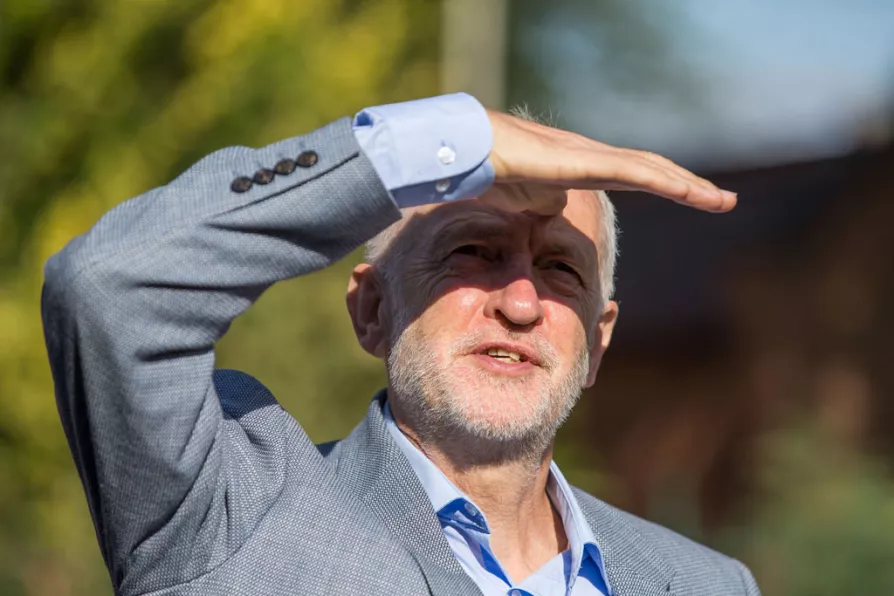Once the bustling heart of Christian pilgrimage, Bethlehem now faces shuttered hotels, empty streets and a shrinking Christian community, while Israel’s assault on Gaza and the tightening grip of occupation destroy hopes of peace at the birthplace of Christ, writes Father GEOFF BOTTOMS

 Jeremy Corbyn has set out a Brexit negotiating strategy that would maintain trade ties while restoring democratic control of the economy
Jeremy Corbyn has set out a Brexit negotiating strategy that would maintain trade ties while restoring democratic control of the economy
IN THE days preceding Jeremy Corbyn’s Coventry speech on Labour’s relationship to the EU, the Labour leader could have been forgiven for feeling that he was being surrounded.
On one side were the anti-Brexiteers, from the right of the Labour Party marching under the banner of Progress, arguing that an imagined economic catastrophe can only be avoided, at the very least, by remaining in the single market and the customs union (note the use of the definite article).
More than 80 notables in the Labour Party had signed a joint letter to the Observer the day before the speech, urging Corbyn to support Britain’s continued membership of the single market.

Starmer sabotaged Labour with his second referendum campaign, mobilising a liberal backlash that sincerely felt progressive ideals were at stake — but the EU was then and is now an entity Britain should have nothing to do with, explains NICK WRIGHT

Deep disillusionment with the Westminster cross-party consensus means rupture with the status quo is on the cards – bringing not only opportunities but also dangers, says NICK WRIGHT












